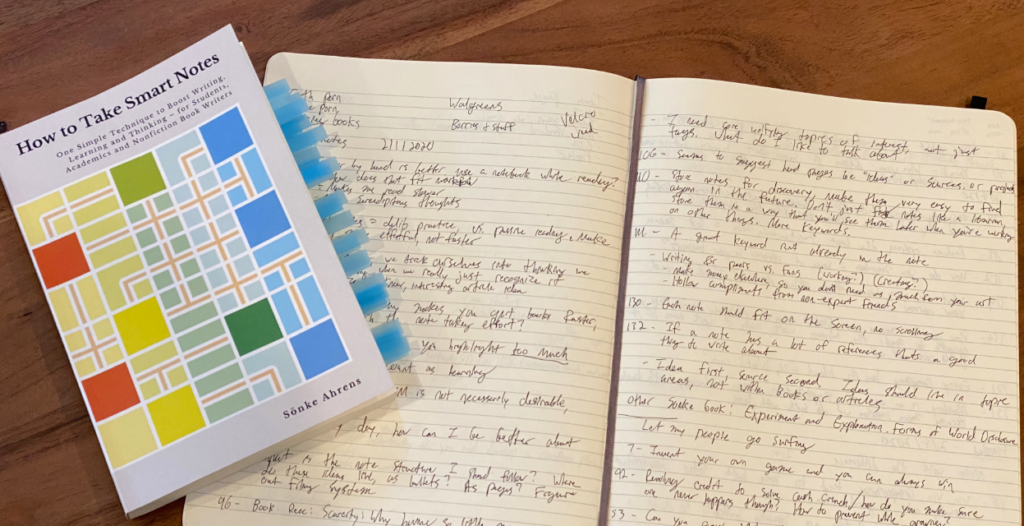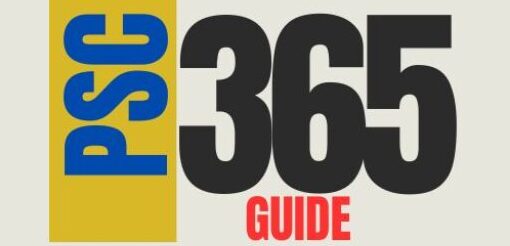One of the most frequent debates between aspirants when it comes to competitive examinations like UPSC or SSC or State PSCs is if they should rely more heavily on notes or textbooks. There is no sure shot answer for this query, it all depends on the stage of your preparation. If you have already read one to two times NCERTs or any other standard book, then sticking to notes is better or else the scenario is different.

The right balance depends on the stage of your preparation, your preferred learning style and the exam that you are aiming for. In this article we will help you to understand the pros and cons between notes and books and what is best approach for preparing a competitive exam like UPSC or TGPSC.
Why this debate is a debatable topic ?
Each aspirant is limited in time and has a vast syllabus to cover. The right approach, whether you stick to standard books or prepare concise notes, can make a big difference in the efficiency of your final performance. While books provide depth, notes help in quick revision. The real key is to know when you should use books or notes. If you have ample amount of time / or at least more than a year then go for book reading or else go for notes. Lets see advantages and disadvantages of both reading Books and Notes.
Reading Books: Benefits
The NCERTs and standard textbooks provide conceptual clarity and context, which notes cannot.
Depth of understanding : The books provide historical background, real life examples, and a variety of perspectives. It is important to have a solid foundation.
Reliability : The standard books are often written by experts in the field. The chances of errors in factual information are much lower than with random notes.
Conceptual Clarity : Reading books will help you to understand Why, How and not just What. It is easier to write analytical answers for exams such as UPSC Mains.
Solid foundation for notes : You should have read the books you are going to use before you start making your own notes. Without books, notes are like shortcuts that don’t have a route.
Disadvantages:
Although books are important, relying solely on them can be detrimental:
- Time-consuming : Reading books word for word takes time and revising multiple times becomes difficult.
- Not exam specific: The books contain extra information that may not directly relate to the exam.
- Carrying multiple revision books is difficult: It’s not practical to carry multiple revision books just before an exam.
Benefits of Notes
Notes can be compared to a compressed book, which makes revision quicker and learning more exam-oriented.
Quick Revision : Notes can be revised within hours, while books may take several days. Notes are therefore very imperative for for prelims. Covering
Personalized Learning: You can highlight important information when you create your own notes. Customization makes learning more effective.
Easy Recall: When you write down notes, whether on paper or electronically, your brain retains more information. Your brain will connect with the notes you made when you revise.
Exam-Related Content: You can use notes to eliminate unnecessary information and focus on what you need for the exam.
Disadvantages:
- Incomplete knowledge : If you only rely on notes, especially borrowed ones, you could miss the depth and background provided by books.
- Issues with quality: The notes prepared by coaching centers may be outdated or lacking context.
- Dependency Risk: You may not understand the subject if you only study from someone else’s notes.
What is the difference between books and notes?
Both are needed, but at different phases of preparation .
First Books for Beginners : When you’re just getting started, concentrate on by reading the NCERTs or standard reference books. You will have a good foundation. You can choose to take notes now, since you’re still exploring the syllabus.
Make notes for the Intermediate Stage : Start preparing your notes after you’ve read the basics at least once. Add diagrams and summarize the most important points. Keep them exam-oriented.
Revision Notes for Advanced Stage : Notes become more important in the last months before exams than books. Multiple revisions of concise notes can help with answer writing, MCQ solving and last-minute memory.
Digital Notes vs Handwritten Notes
Digital notes vs. handwritten notes is another sub-debate in the notes vs. books debate.
- Handwritten notes: Improves memory retention and recall, adds a personal touch.
- Digital notes: Easy to edit, search and carry on mobile devices. Ideal for current events and dynamic topics.
Most toppers prefer a hybrid approach–handwritten notes for core subjects and digital notes for current affairs.
Experts & Toppers Opinion:
Many UPSC toppers say that notes and books both provide knowledge but with a little difference. If you have little time then completing standard textbooks would be an arduous task. Many successful candidates follow the following strategy:
- Read books 2-3 times to understand concepts.
- Take notes to be revised after the second reading.
- Re-vise notes multiple times in the last two to three months
This balance provides both depth and rapidity.
Conclusion:
The Notes Vs Books debate does not involve choosing between the two. It is more about using them at the right time. Books provide the basis for knowledge building, while notes can be used for exam preparation and fast revision. Start with books if you’re a beginner. As you advance, start making your own notes. When the exam is approaching, you will need to rely on your notes more for multiple revisions.
